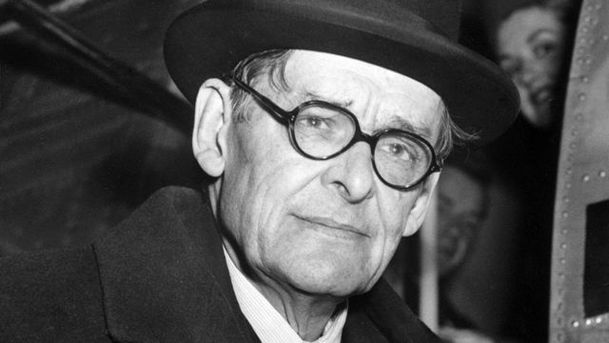In Our Time - The Wasteland and Modernity

Melvyn Bragg and guests discuss T.S. Eliot's seminal poem 'The Wasteland'. In October 1922, the latest edition of London’s literary magazine, The Criterion, hit the shelves. In it was a new poem by a little known American poet. The poet was called Thomas Stearns Eliot and the poem was called The Waste Land. It turned out to be among the most influential poems ever written in English. The Waste Land found a new way to express the modern world in all its bruising, gleaming cacophony. But Eliot himself has been accused of elitism, of misanthropy and high-minded despair at the paucity of 20th century living. But could someone who captured modern life so well really dislike it so much and when he stared out at a world of radio and cinema, of radical art and universal suffrage, did TS Eliot really see only a barren, featureless plain? With Steve Connor, Professor of Modern Literature and Theory at Birkbeck College, University of London; Fran Brearton, Reader in English at Queen’s University, Belfast; Lawrence Rainey, Professor of English and American Literature at the University of York